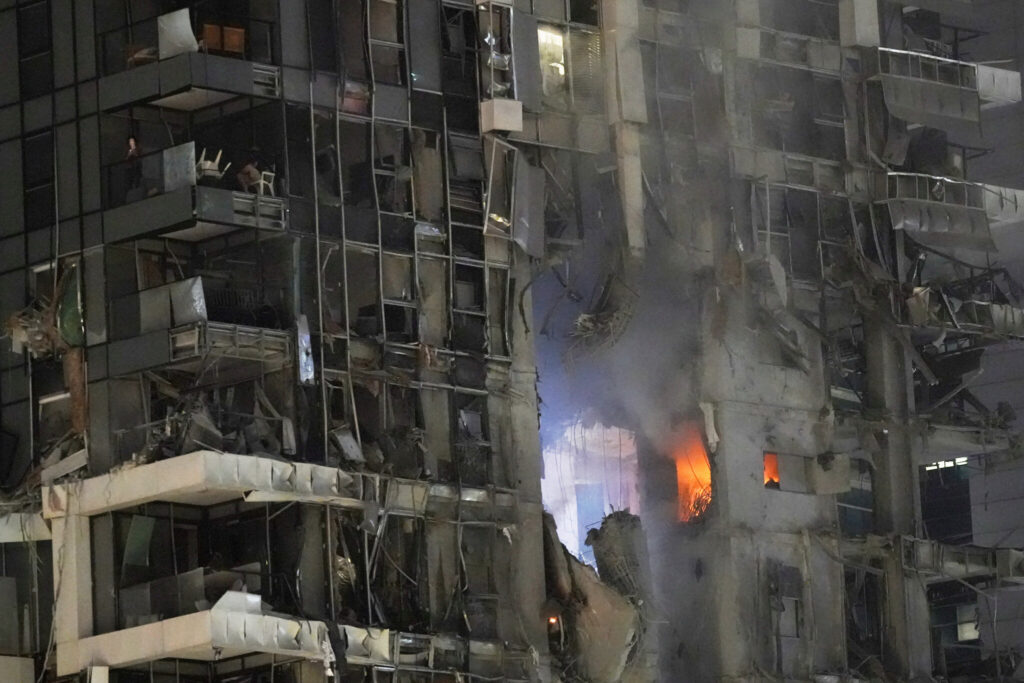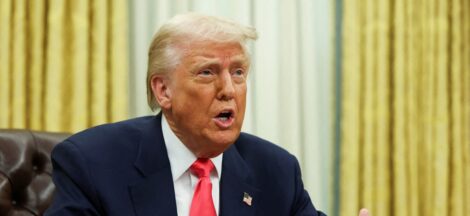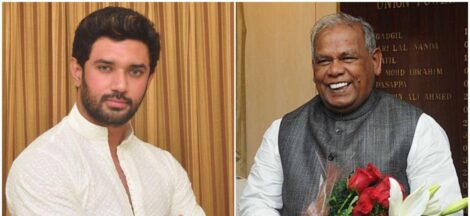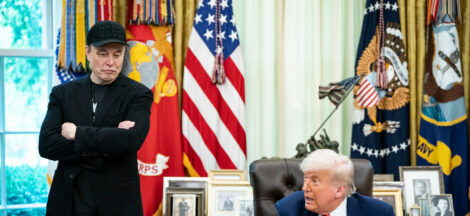Iran has formally sought intervention by Oman and Qatar to convey to the United States that Tehran is open to negotiations—linking any ceasefire to renewed nuclear diplomacy. According to Israeli and regional officials, Saudi Arabia is also engaging discreetly to support a de-escalation initiative.
Iran’s foreign minister, Abbas Araghchi, has signalled openness to a nuclear agreement that respects Iran’s rights but simultaneously ruled out engagement while under attack, deeming it “meaningless” to negotiate amidst military pressure. Tehran insists any discussions must be tied directly to the cessation of Israeli strikes.
The United States, while not directly participating, has stated that its involvement in diplomacy remains conditional. A senior U.S. official emphasised that Iranian acceptance of U.S. terms—particularly halting all uranium enrichment—would be necessary for any credible process. President Donald Trump has expressed hope for a deal, asserting that peace between Israel and Iran is achievable. He rejected a plan to target Iran’s supreme leader, reinforced U.S. non-involvement in the strikes, and poised for a broader agreement.
The drumbeat of violence has prompted global alarm. At the G7 meeting in Canada, leaders expressed deep concern, with German Chancellor Friedrich Merz urging resolution to prevent conflict from spilling beyond the Middle East. The UN Secretary-General called for an immediate halt to the escalation. Meanwhile, Britain has moved military assets to the region and several nations have closed airspace.
The economic impact is equally evident. Global oil prices surged sharply as strikes disrupted Iran’s energy infrastructure—oil depots and gas sites came under fire—stoking fears of supply instability in key maritime routes.
The crisis is also reversing diplomatic gains. Nuclear negotiations between Iran and the U.S., mediated through Oman since April, have been suspended after the latest strikes, with Iran labelling any dialogue without a halt in conflict “meaningless”. The sixth round, scheduled in Oman, was cancelled and no new venue has been proposed.
Regional powers have varied responses. Saudi Arabia, maintaining its cautious diplomacy, is reportedly working behind the scenes alongside Qatar and Oman. Both states have track records in mediating sensitive regional issues—from U.S.–Iran dialogues to Gaza truce talks—positioning them as potential pathways to reducing tensions. However, Iran’s hardline position remains firm: no talks until Israeli strikes stop.
Israel continues its military posture unabated. Defence Forces Chief Eyal Zamir has affirmed that strikes will continue until Iranian nuclear and missile threats are eliminated. Netanyahu, speaking at a site in Bat Yam, warned that Iran would “pay a heavy price” for civilian casualties.
Analysts suggest that this escalatory cycle could entrench long-term instability. Netanyahu’s decision marks a major policy shift, pushing Israel into directly targeting Iran—a strategy that, while militarily potent, offers no clear exit route. Without progress via Oman and Qatar’s mediation, the window for de-escalation may close entirely, ushering in broader regional confrontation.




 ANI’s De Facto Monopoly In Govt Media Work Is Dangerous To Democracy
ANI’s De Facto Monopoly In Govt Media Work Is Dangerous To Democracy 